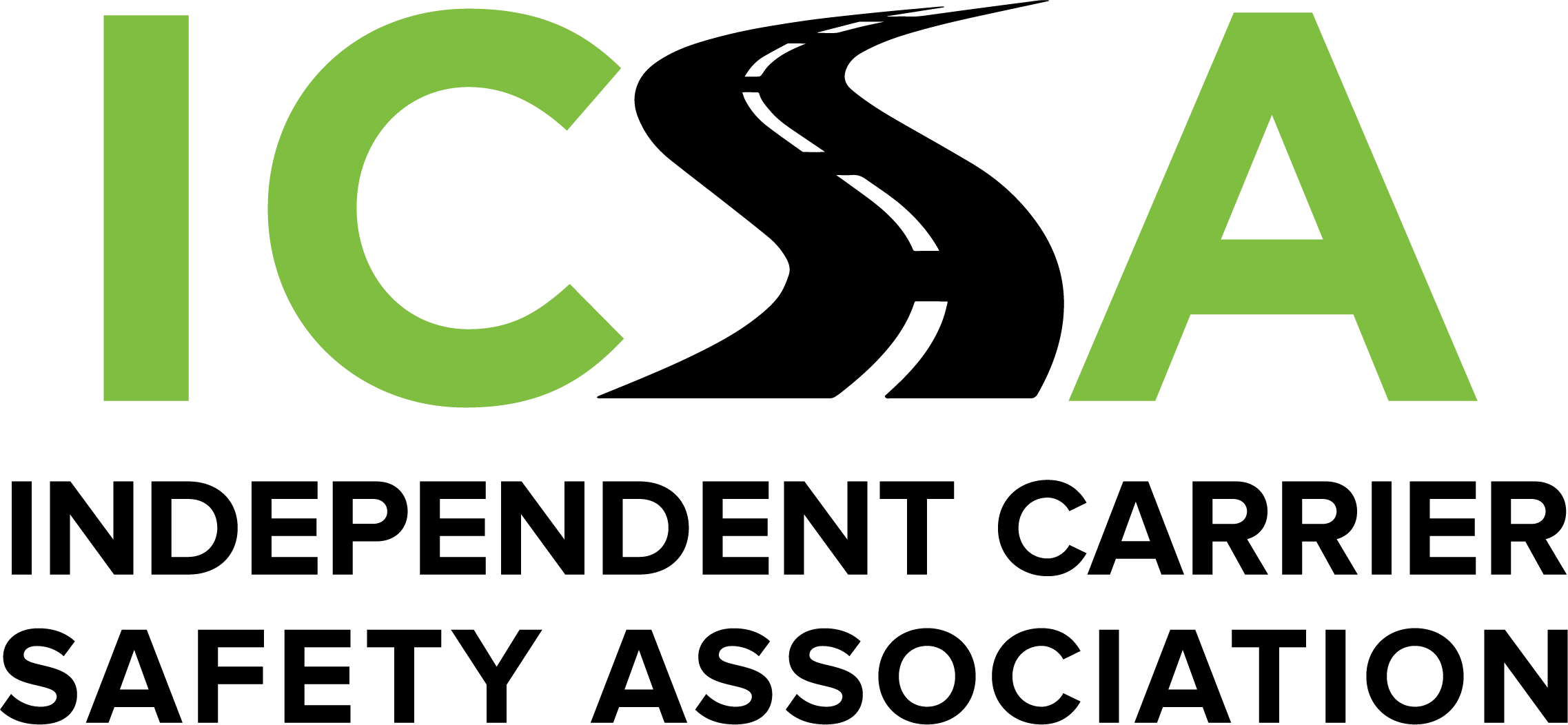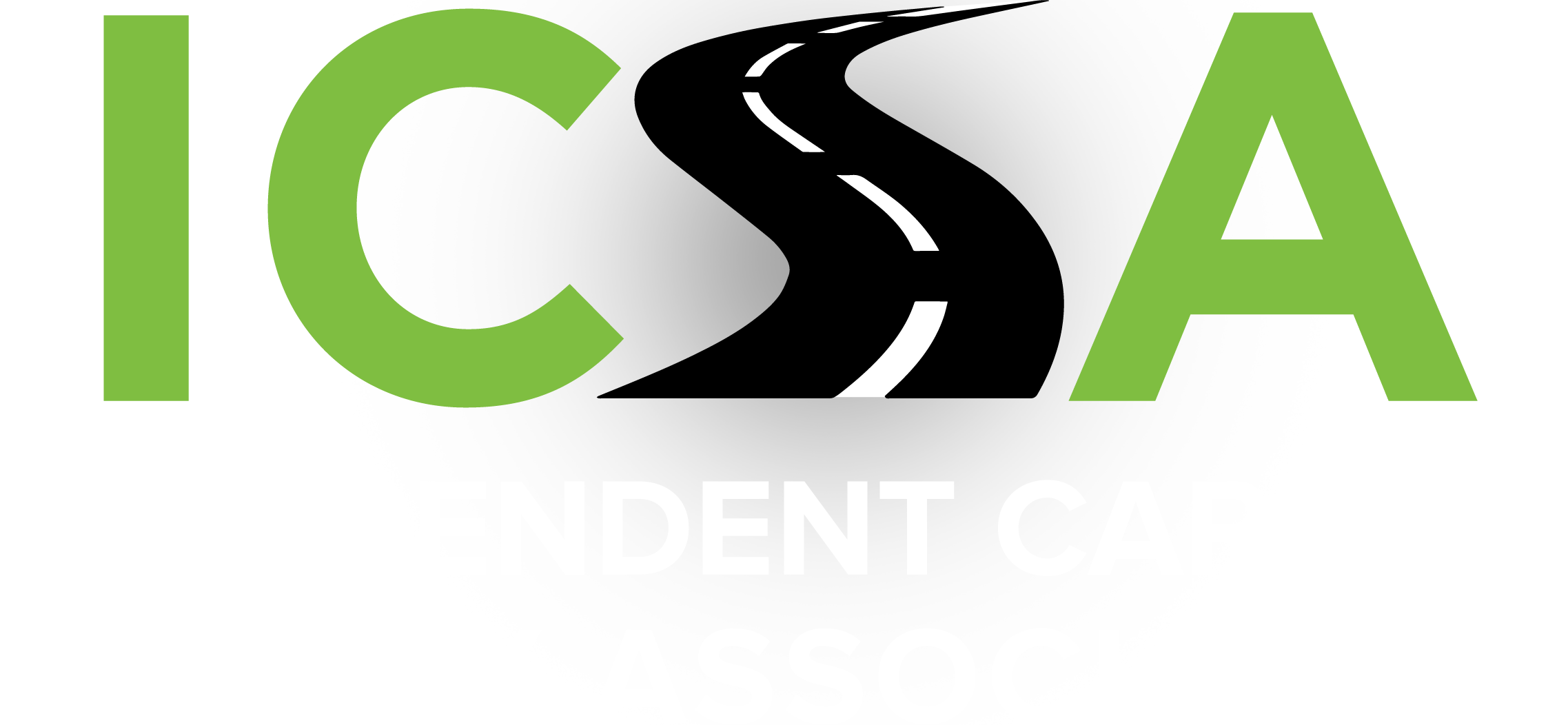In every area of life, we live with acronyms – those abbreviations intended to identify an organization or topic without the burden of repeating long phrases. Acronyms are efficient and economical, if you first know what they mean.
You can find many of the acronyms common to the trucking industry in the Glossary of Terms, found under the Resources tab of the ICSA website. Here, you will learn the acronyms of just some of the federal regulatory agencies which affect trucking. You will also find the usual steps in federal rulemaking, the process by which new regulations are implemented, identified by their acronyms.
Regulatory Agencies
- FMCSA -- Federal Motor Carriers Safety Administration. The federal regulatory agency under the U.S. Department of Transportation (DOT or USDOT) whose mission is to “reduce crashes, injuries and fatalities involving large trucks and buses.”
- NHTSA -- National Highway Traffic Safety Administration. The DOT regulatory agency which sets manufacturing standards for all new cars and commercial motor vehicles (CMVs) – trucks and buses. NHTSA and FMCSA often have joint rulemakings: NHTSA requires certain features such as technology or piece of equipment on newly manufactured trucks, while FMCSA then requires the presence of such features in actual operation and maintenance for the life of the vehicle.
- PHMSA -- - Pipeline and Hazardous Materials Safety Administration. The DOT agency which regulates the transportation of hazardous materials and energy by all modes of transport. Motor carriers which transport certain hazardous materials must register with PHMSA.
- SAMHSA -- Substance Abuse and Mental Health Services Administration. An arm of the U.S. Department of Health and Human Services, SAMHSA is responsible for the scientific and technical requirements that, by law, all DOT agencies like FMCSA must follow in regulating drug and alcohol tests, including urinalysis, oral fluids testing and hair testing.
Rulemaking Steps
- ANPRM -- Advanced Notice of Proposed Rulemaking. An ANPRM is how a regulatory agency tests out a proposal or solicits ideas before it drafts its NPRM, the actual proposed rulemaking.
- NPRM – Notice of Proposed Rulemaking. Here is the actual proposed regulation from an agency. Under federal law, the agency must publish all notices in the Federal Register and consider comments from the public. The agency decision is published as a Final Rule.
- SNPRM – Supplemental Notice of Proposed Rulemaking. The agency has learned some new information or there has been a change in law which causes the agency to reopen an existing NPRM for further public comment.
- ICR -- Information Collection Request. Not a rulemaking per se, an ICR is used when the regulatory agency seeks new information or data from the public. Still, an ICR may be worthy of attention and comment, as that newly sought information may be personal or proprietary or may already be in government hands elsewhere.
In Part Three of Understanding Trucking Regulations, we will look at who decides just how much these regulations cost the economy and you, the trucking industry.


